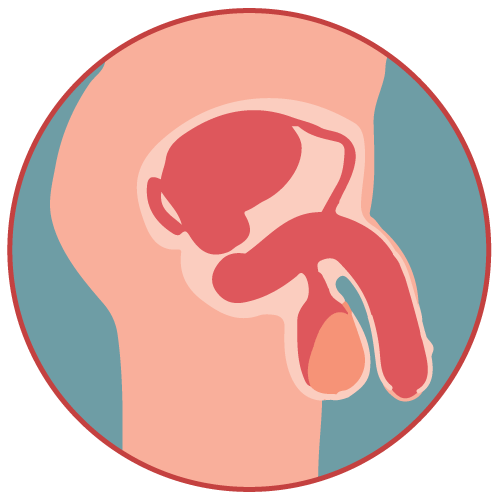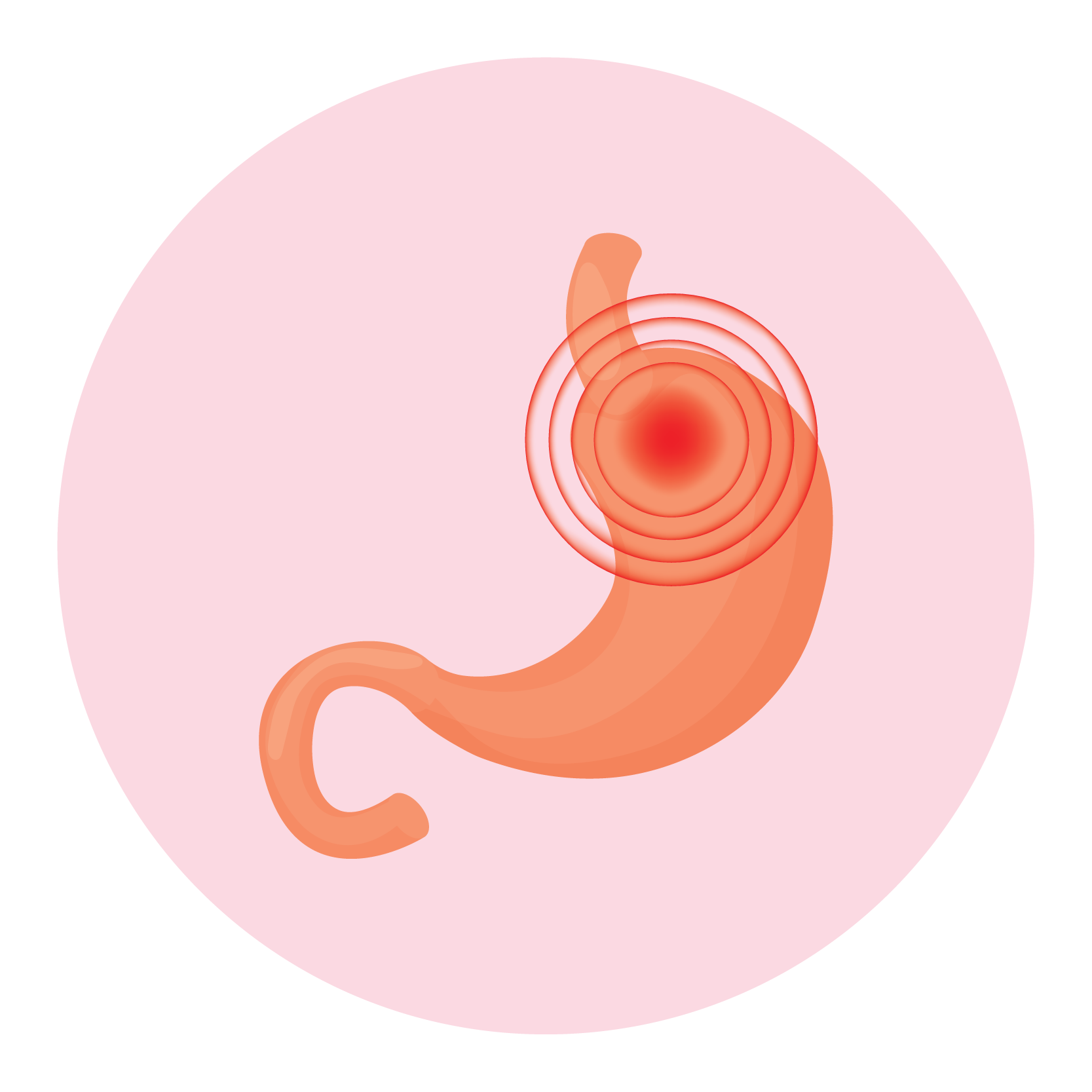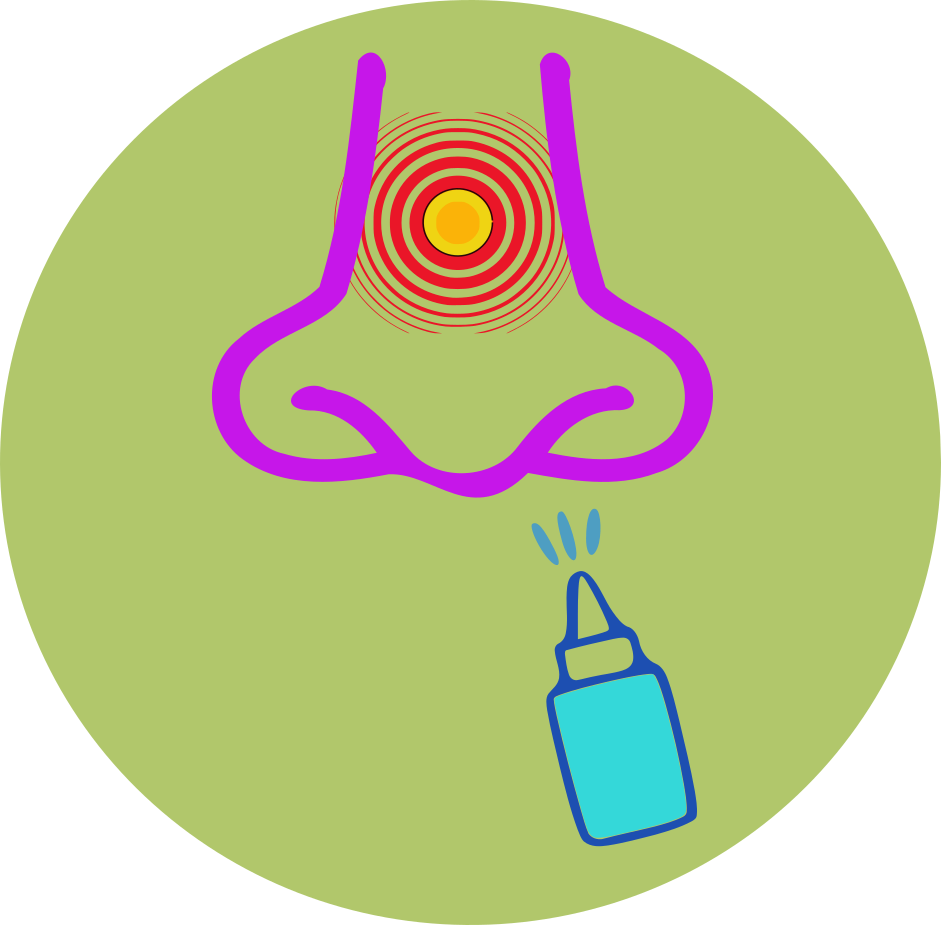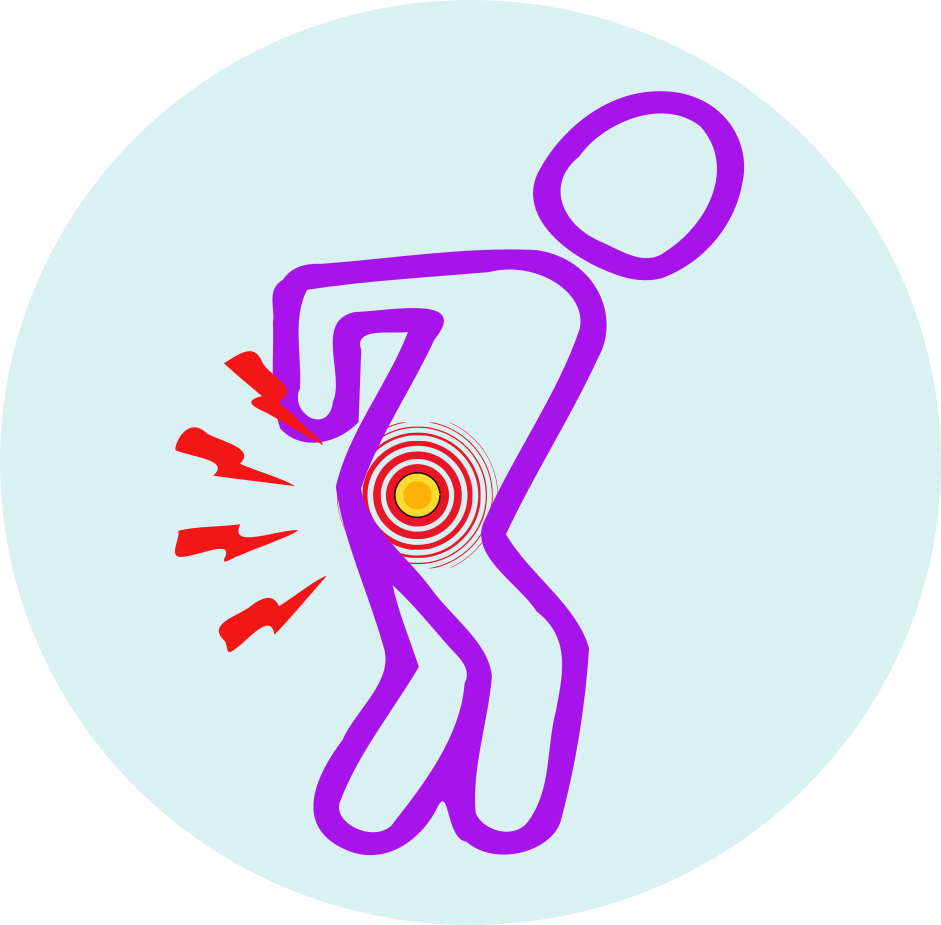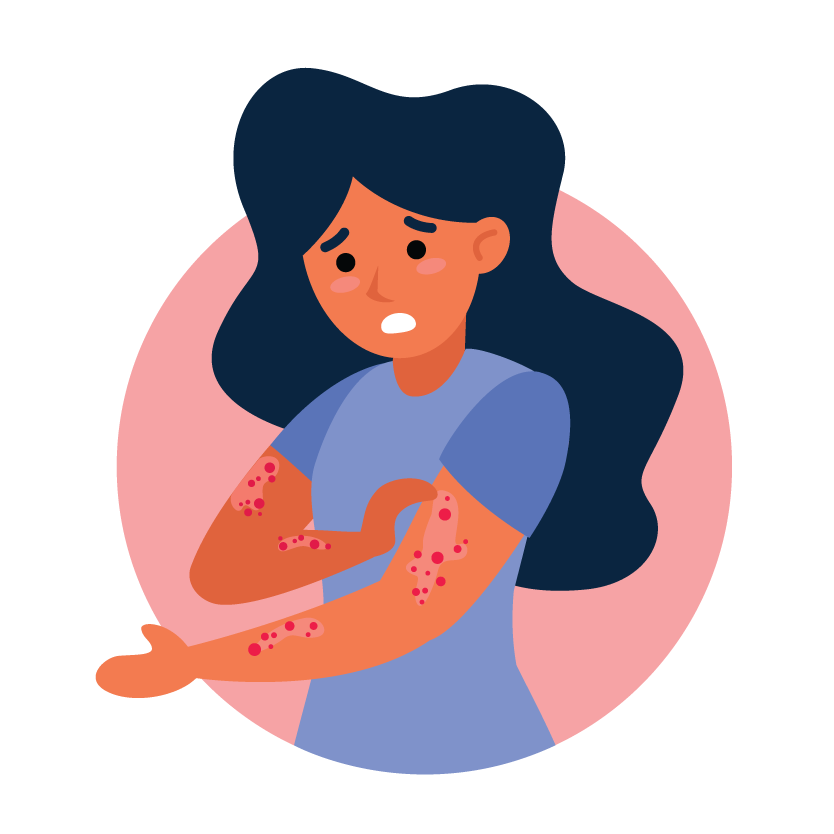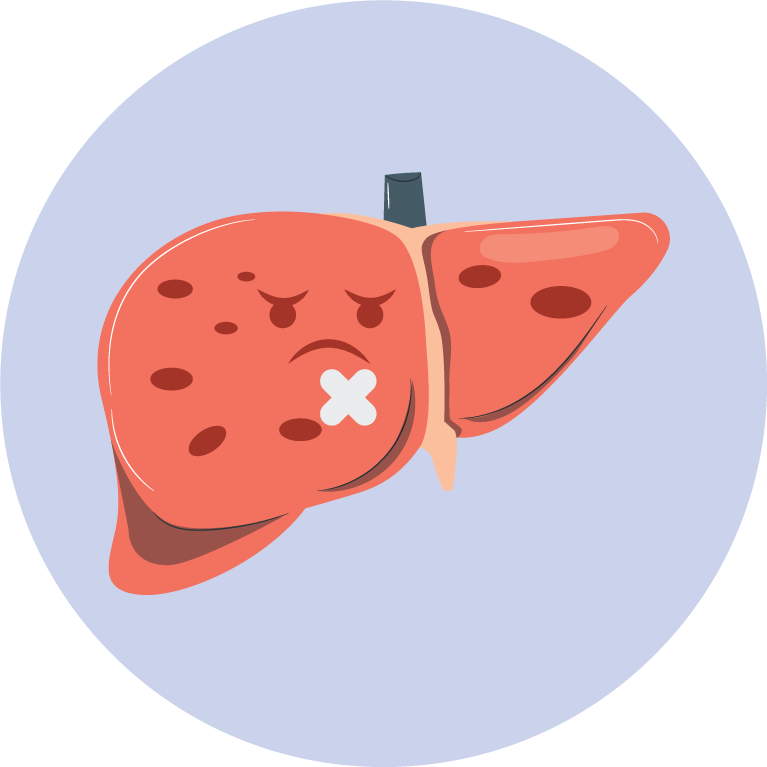| Name | Vardenafil Hydrochloride |
| Classes |
Impotence Agent/Sex Stimulant |
| Diseases |
Erectile Dysfunction Genito-Urinary Disease |
Vardenafil Hydrochloride
Vardenafil hydrochloride works by inhibiting PDE5, an enzyme that breaks down cyclic guanosine monophosphate (cGMP). This results in increased blood flow to the penis, leading to an erection.
Vardenafil HCl is indicated for the treatment of erectile dysfunction (ED) in adult males.
- The recommended dose is 10 mg orally, taken as needed, about 60 minutes before sexual activity.
- Depending on the effectiveness and tolerability, the dose may be increased to 20 mg or decreased to 5 mg.
- Vardenafil hydrochloride should not be taken more than once a day.
- It may be taken with or without food.
- Patients with a history of cardiovascular disease should use vardenafil hydrochloride with caution, as sexual activity may put extra strain on the heart.
- Patients with anatomical deformation of the penis or those at risk for priapism should use vardenafil hydrochloride with caution.
- Vardenafil hydrochloride should not be used in patients taking nitrates, which can cause a sudden drop in blood pressure.
- Patients should seek medical attention immediately if an erection lasts longer than 4 hours or if sudden vision or hearing loss occurs.
- Use of vardenafil hydrochloride is not recommended in patients with severe hepatic impairment.
- Use of vardenafil hydrochloride is not recommended in patients with end-stage renal disease requiring dialysis.
Contraindication
- Vardenafil is contraindicated in patients taking nitrates or nitric oxide donors such as-
- Vardenafil is contraindicated in patients with a history of hypersensitivity to the drug or any of its components.
None known.
 Bangla
Bangla English
English